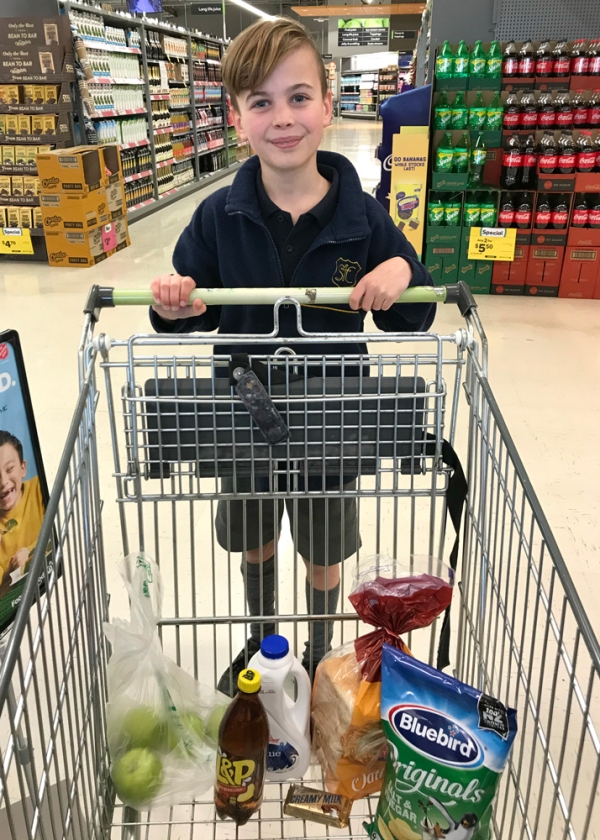As the world battles a deadly pandemic, New Zealand school students have been beavering away at science fair projects researching the effectiveness of our own COVID-19 protection measures.
This Friday, the NIWA Waikato Science and Technology Science Fair kicks off the 2020 science fair season.
NIWA freshwater ecologist and science fair coordinator Tracey Burton says that there is a strong focus on COVID-19 related projects entered in the fair.
“Each year we see different trends in science the students choose to carry out. In 2020, we’re already seeing many hygiene and health-related projects.”
“I think COVID-19 has highlighted the way science can make a difference in our day-to-day lives. The experience of living in a pandemic has inspired students to investigate everyday behaviours that protect or expose us to the virus.”
Among the projects up for judging in the Waikato fair is a study called “Germs Galore” by Nate Rastrick, an 11-year-old student at Saint Columba’s Catholic School in Hamilton.
Nate says that the arrival of COVID-19 in New Zealand motivated him to study supermarkets – one of the busiest essential services during lockdown.
“I noticed that supermarkets had changed quite dramatically during COVID and they suggested using hand sanitiser, so I wanted to do something along those lines.”
“I wanted to see if supermarkets were actually germ-free or if not, how many germs were there.”
Nate investigated if busier supermarkets had more bacteria and whether hand sanitiser was effective at killing germs.
He visited four supermarkets in the study and counted the number of people entering over a 10-minute time slot to determine which was the busiest. He purchased six products and touched four surfaces – the trolley, receipt, freezer door and side of the counter and used swabs and petri dishes to test their cleanliness.
Nate’s analysis found the busiest supermarket led to the largest bacteria growth in his petri dishes but also discovered hand sanitiser was effective at killing germs.
Tracey Burton says Nate’s project sounds like a fascinating example of a scientific investigation focusing on the everyday questions students are asking about COVID and how it can be prevented.
“The Fair provides students with an opportunity to test their ideas and understand more about the world around them. It will be exciting to see what other discoveries are made in the fair.”
Other COVID-19 project titles in the Waikato fair include: If You’re Happy And You Know It, Wash Your Hands, What Is The Mental Impact Of Covid-19?, Just Wear A Mask, and The Hard Truth About Soap
Students are competing for more than $8000 in prizes including special awards, major awards and the premier best in the fair award.
The NIWA Waikato Science and Technology Fair is open to the public on Friday 7 August from 3.30pm to 6.00pm and on Saturday 8 August from 9am to 2pm at the Hamilton Gardens Pavilion.
Sponsoring science and technology fairs throughout New Zealand is part of NIWA’s long-term commitment to enhancing science and technology for young New Zealanders.

